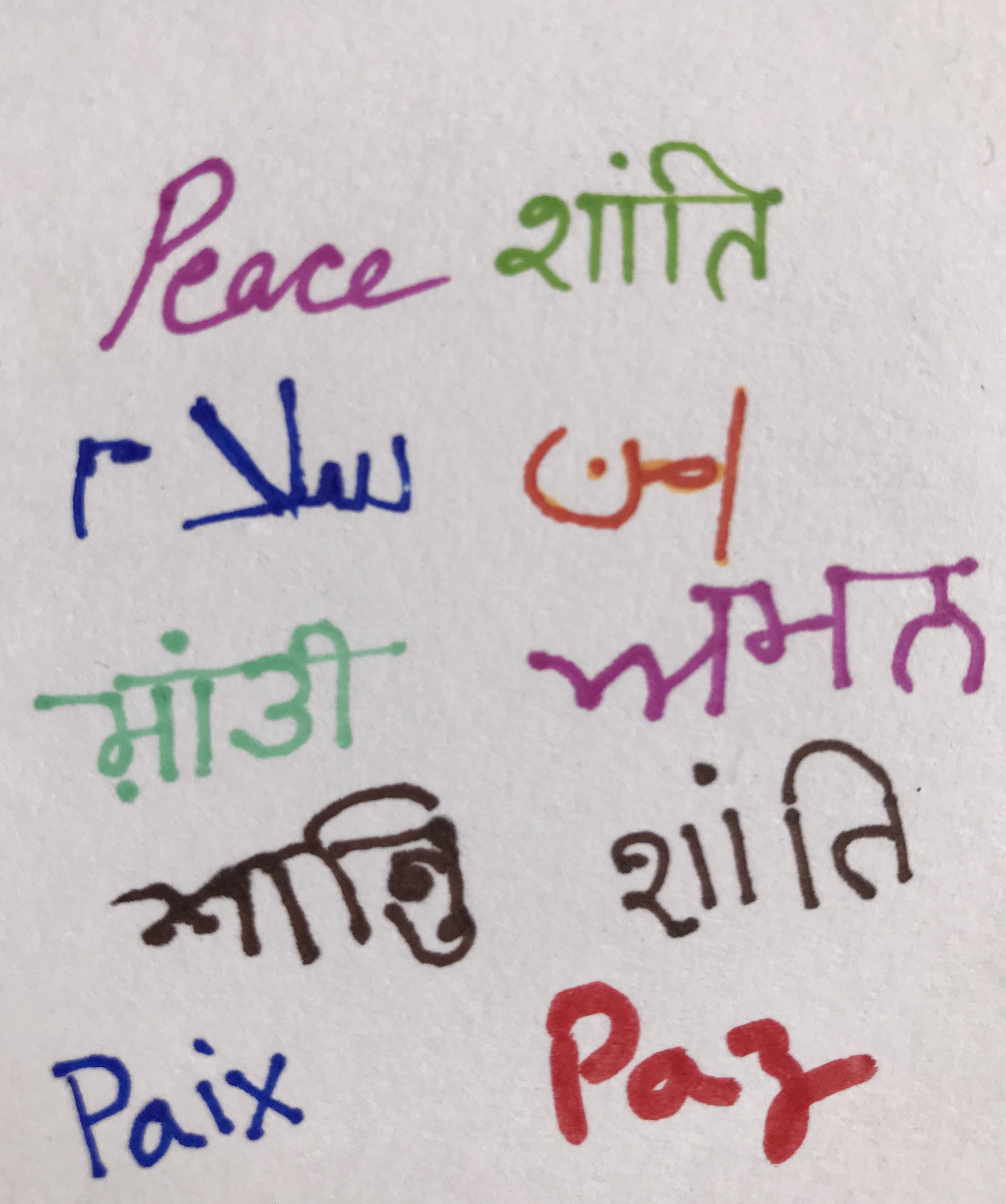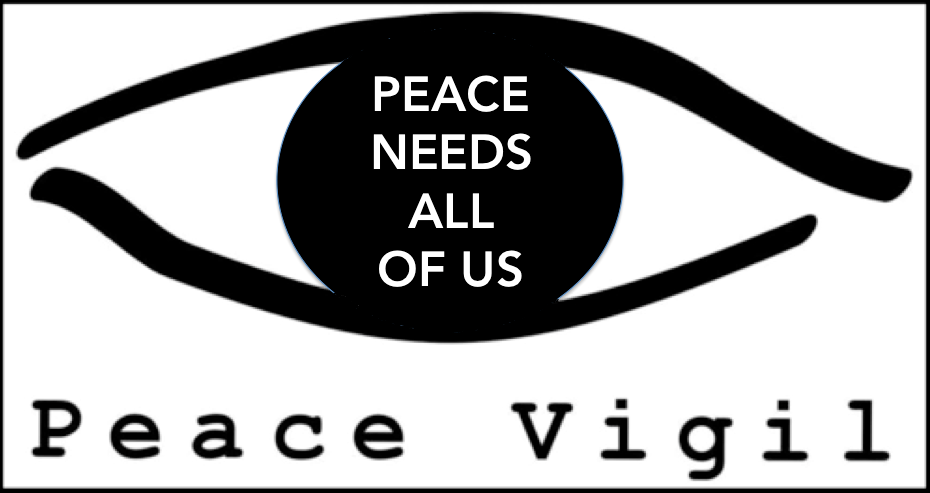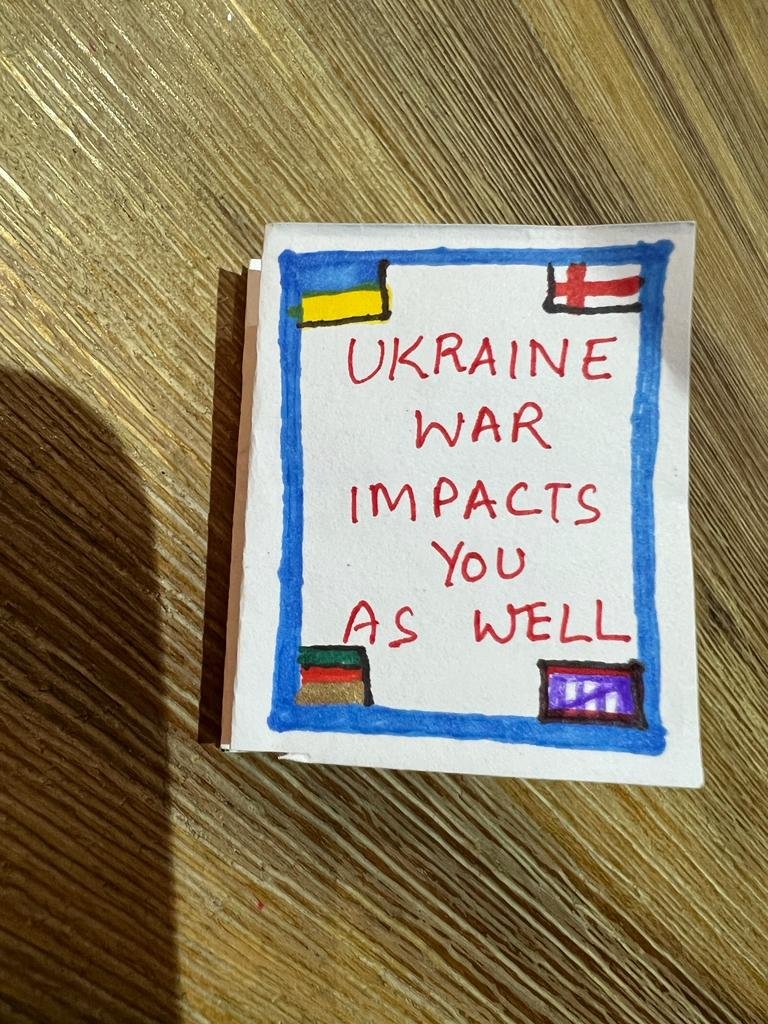Ukraine, Yemen and Rule of Law
Recent events in Europe have led to the outbreak of war. Unlike other ongoing conflicts around the world, this particular conflict involves at least one nation state - and possibly two - who are nuclear powers.
All this may feel somewhat familiar to those who know what the world looked like 35 years ago. The Cold War era introduced terms such as Mutually Assured Destruction (with the fitting acronym MAD). In some ways the post-Cold War world has always been equally or more dangerous - the number of nuclear powers has increased and the potential for non-state actors to access nuclear technologies or other weapons of mass destruction has only increased. But the current moment is perhaps the first time these dangers have re-entered the public consciousness and media headlines.
The international response condemning acts of Russian aggression inspires hope. It’s heart-warming to see the international community come together in solidarity with those who are directly impacted by war. I have been in touch with a couple of Ukrainian friends and they are overwhelmingly grateful for the support they’ve received and for the international condemnation of Russian aggression.
But to some this condemnation must sound hollow. According to the head of the UN Food Agency David Beasley, 13 million people in Yemen are at risk of starvation. This is the result of a war that’s been waged on the Yemeni population since 2014. Human Rights Watch estimates that 18,400 civilians have been killed in the war.
As is the case with Ukraine, Yemen is the victim of a war of aggression from its much bigger neighbour. With the backing of their US allies, Saudi Arabia invaded Yemen in 2014 for the “crime” of electing the wrong government.
In a world where rule of law was the norm, the 2014 invasion would have been met with the same international condemnation we are currently witnessing. Sports boycotts would be on the table. The assets of US oligarchs like Jeff Bezos and Bill Gates would have been frozen or seized and used to fund the food and supplies that Yemeni children need so desperately.
We saw none of that in 2014. We also saw none of that in 2003, when the US invaded Iraq, in 2001 when it invaded Afghanistan, in the 1990s when the US invaded Somalia and Bosnia, in the 1980s when it invaded El Salvador, in the 1970s when it sponsored the Indonesian invasion of East Timor or in the 1960s when it invaded Vietnam.
Of course the failure to act in the past doesn’t justify a failure to act in the present. Some would argue that the current international actions against Russian aggression should be applauded regardless of the inconsistencies. And in principle, we at Peace Vigil agree with that position, but it raises more questions.
To understand the dilemma we’re currently facing, we must talk a little bit about recent European history. Prior to World War II, the European powers had been waging war for hundreds of years both against one another and against the native peoples of the world. Some wars seemed completely pointless (the Crimean War of 1853 is a good example) and all of them caused a lot of death and destruction. There are all kinds of theories about why European nations acted in this way, but essentially they all boil down to this: might makes right. If my country defeats your country in war, my country gains in power, prestige, money and so on. So the rule of force was the only law that was universally accepted.
After World War II it was understood that this pattern could no longer continue. Chemical weapons including those used in the gas chambers were horrific enough, but the nuclear weapons used to level the Japanese cities of Hiroshima and Nagasaki meant that we had now created technology capable of eradicating the entire human species. Continuing with the destructive pattern of the previous centuries was untenable.
In order to avoid disaster, the international human rights framework was developed. Central to this framework was the sovereignty of states. States that violated another’s sovereignty should be punished. So we can contrast the era of the rule of force (pre-1948) with the era of the rule of law (post-1948).
The rule of law has to be apply to everyone or it applies to no one. If Saudi Arabia or Israel or the USA is allowed to violate international law with impunity, then we are not really living in an era of the rule of law. We are still living in an era of the rule of force.
Any invasion deserves condemnation. So yes, Peace Vigil joins with the many other countries, organisations and private citizens in condemning Russian aggression. We also stand in solidarity with the people of Ukraine, many of whom have been forced out of their homes and many have been killed.
But we also would ask that the response to this war be taken as a model for responses to all wars of aggression. So the next time Israel bombs Gaza or the US starts to threaten Iran or Syria or Libya, we would do well to remember March of 2022 when the world seemed - for once - united against a bully. In the words of Martin Luther King Jr., “Injustice anywhere is a threat to justice everywhere. We are caught in an inescapable network of mutuality, tied in a single garment of destiny. Whatever affects one directly, affects all indirectly.”
Peace Needs All of Us,
Sameer Dossani
Co-director, Peace Vigil.
Peace Vigil works on peace education.




